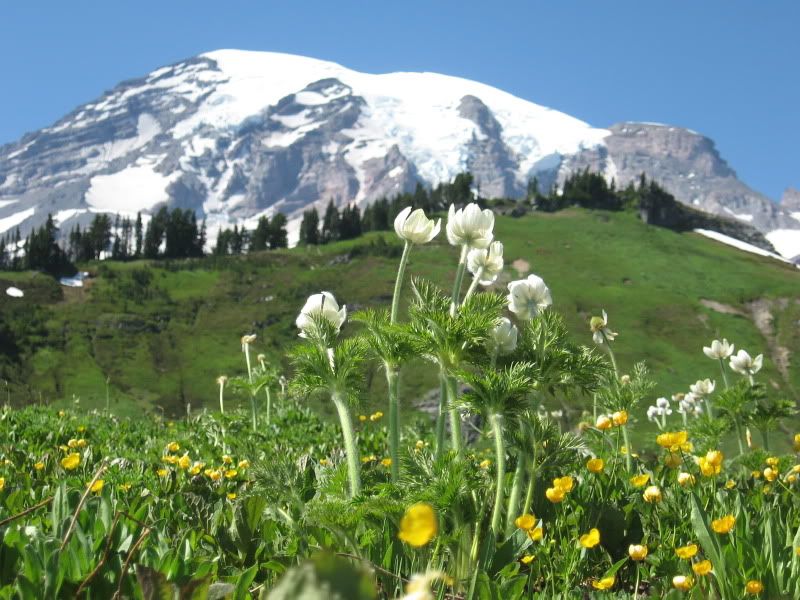Carrots, beets, lettuce, and other row crops are started once the ground can be worked and the cotton wood trees send out a red catkin bud... that means the temperature is moderated and ground is thawed enough... rule of thumb the old timers used.
---
It's been a bit of a slow day here at the MSLC. I've been taking advantage of the free time by preparing my upcoming snowshoe walk program and reading through one of the Eppley Interpretation courses. As interpretive rangers, we like to tie concrete, tangible park resources with the bigger picture - their intangible meanings and concepts. Jack did that so well in his note to me. He pointed out how generations before us knew the plants, knew the species and their phenology. They understood not only what the plants themselves were doing, but how those plants (and, by extension, the seasons, weather and growing conditions) could be a sign to us for our daily activities.
It's easy (easier) sometimes to see the Native Knowledge in play up here in Alaska. The state is relatively young; some of the native cultures are still around - although quite altered from where they were 100 years ago. Some of the old ways of doing things are still of interest and still in practice - even if they are, at times, only for entertaining tourists.
One of the examples in the course I'm working through described Peace Pipes used by tribes of the western United States 150+ years ago. The actual pipes might be an interesting artifact, but put in the context of the Sand Creek Massacre (for example), these pipes take on a new meaning. If you're unfamiliar with the Sand Creek Massacre, I'd request you read up on this episode in American History. My point today is not to debate America's Manifest Destiny or Imperialism (I'd be well up for that debate at another time), but merely to wonder what we could have learned from these people that were needlessly slaughtered. They lived well more connected to the natural phenomena that still affect our daily lives: weather, seasons, animals, plants, etc. I'm convinced that we, so-called 'civilized' or modern Americans, have missed out on a great deal of knowledge we were intended to have. Do we pay attention? Do we notice the little things around us?
It's easy for me to think such things. My desk looks right outside into the snow and the stand of spruce and aspen right in front of the MSLC. I can see the tracks made by countless animals as they go about their daily lives. They far out-number me and my coworkers. And they have made a home in this harsh environment. They make me want to learn more.







No comments:
Post a Comment